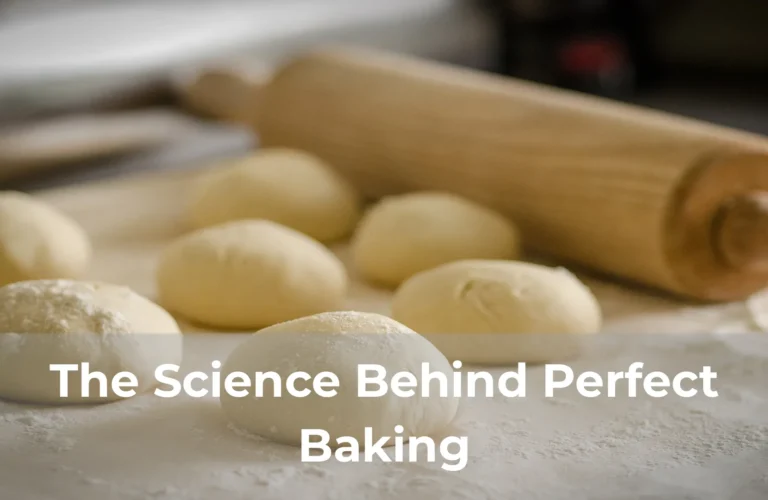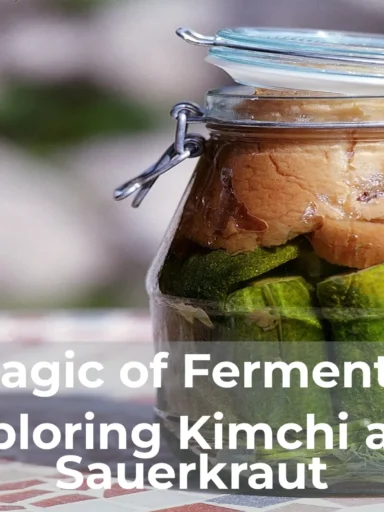The Science Behind Perfect Baking
Have you ever wondered why some people seem to have a knack for baking while others struggle to get it right? The secret lies in the science behind perfect baking. Understanding the chemical reactions and physical transformations that take place during the baking process can help you master the art of creating delicious and consistent treats. From the precise measurements of ingredients to the manipulation of temperature and time, every element plays a crucial role in achieving that perfect texture and flavor. Join us as we delve into the fascinating world of baking science and uncover the secrets to baking success.
The Role of Chemistry in Baking
Chemistry plays a fundamental role in the art of baking, as it involves a complex series of chemical reactions that transform raw ingredients into delicious treats. From the moment the ingredients are mixed together until the final product emerges from the oven, various chemical processes are at work. For example, the reaction between yeast and sugars produces carbon dioxide, which causes the dough to rise. Additionally, the Maillard reaction, which is a chemical reaction between amino acids and reducing sugars, gives baked goods their desirable golden brown color and distinct flavors. Understanding the chemistry behind baking allows bakers to make precise adjustments to recipes and achieve consistent and delectable results.
Understanding the Effects of Temperature on Baked Goods
Temperature plays a crucial role in the outcome of baked goods, affecting their flavor, texture, and appearance. From the initial mixing of ingredients to the final stages of baking, each step is influenced by the temperature at which it is performed. Understanding how temperature affects baked goods can help bakers achieve the perfect results they desire. Whether it’s the impact of heat on yeast activity, the role of oven temperature in the rising process, or the importance of cooling down properly, this article explores the various effects of temperature on baked goods.
The Importance of Ingredient Ratios in Baking
When it comes to baking, the right ingredients can make all the difference in creating a delicious and perfectly textured treat. But it’s not just about the type of ingredients you use, it’s also about the ratios. The balance of ingredients in a recipe can greatly affect the outcome of your baked goods, from the taste and texture to the rise and structure.
One of the key reasons why ingredient ratios are important in baking is that they directly impact the chemical reactions that occur during the baking process. For example, the ratio of flour to liquid affects the gluten formation, which in turn affects the structure of the baked good. Too much or too little flour can result in a dense or dry texture. Similarly, the ratio of sugar to fat affects the tenderness and moisture of the final product. Getting the ratios right is essential for achieving the desired outcome in your baking endeavors.




